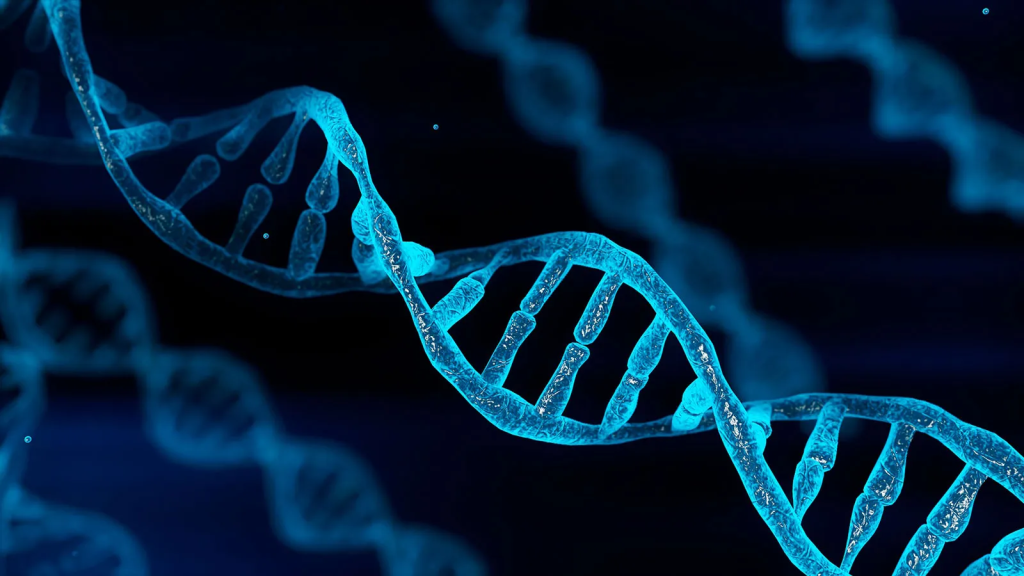Consumer DNA testing has become increasingly popular, offering both immense opportunities and significant concerns. Personalized healthcare and medical research are two major benefits of digitizing DNA, as they enable tailored treatments and the advancement of disease prevention strategies. However, digitization also exposes genetic data to cyber threats. Unlike Social Security numbers or passwords, DNA is immutable, making it an attractive target for cybercriminals who may sell it on the dark web or use it for identity theft. The emergence of “cyberbiosecurity” highlights the growing risks associated with DNA digitalization. Employers, for example, might seek access to genetic data to evaluate candidates based on their predisposition to certain health conditions, raising ethical and legal concerns. Similarly, law enforcement’s use of consumer DNA databases for criminal investigations sparks debates about consent, data ownership, and potential misuse. A major challenge is that DNA data is often stored by private companies with varying levels of security. Past breaches, such as those affecting major DNA testing firms, underscore the vulnerability of this sensitive information. Hackers could exploit genetic data in unforeseen ways, from targeted discrimination to bioengineered crimes.
As a result, cybersecurity measures must evolve alongside hacking tactics to ensure the safety of digital DNA. To mitigate these risks, consumers should demand greater transparency regarding how their genetic information is stored, shared, and protected. Companies must implement stronger encryption methods, multi-factor authentication, and strict data access controls. Governments and regulatory bodies should also establish comprehensive legal frameworks to address genetic privacy, ensuring that individuals retain control over their DNA data. Beyond security, the ethical implications of DNA digitization must be carefully considered. Should insurers have access to genetic data to adjust coverage plans? Could governments use genetic databases for surveillance? Without clear guidelines, the potential for abuse is high.

In the end, while genomics innovation continues to accelerate, individuals and organizations must remain vigilant. Understanding the risks and advocating for stringent security measures will be essential in preventing the misuse of genetic data. If left unregulated, the consequences of data breaches could be unparalleled, ushering in a reality where genetic identity theft becomes a tangible threat. Therefore, ensuring the ethical and secure handling of DNA information is not just a technological necessity but a societal imperative.
Referenced from: https://drive.google.com/file/d/17vZTrd3tyRkIuXtLfYKSeZypU7WpCkmM/view?pli=1